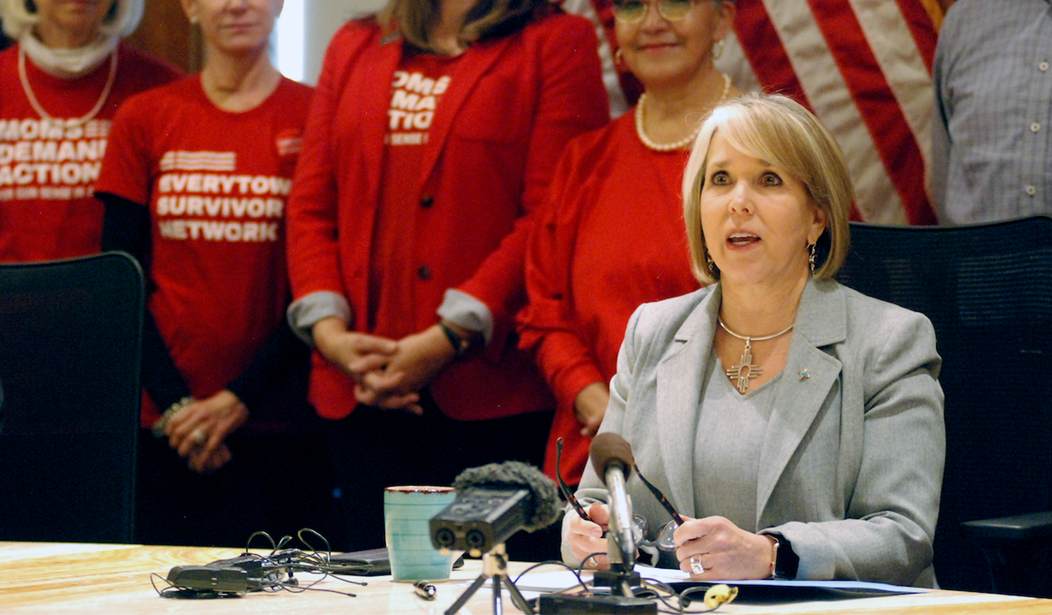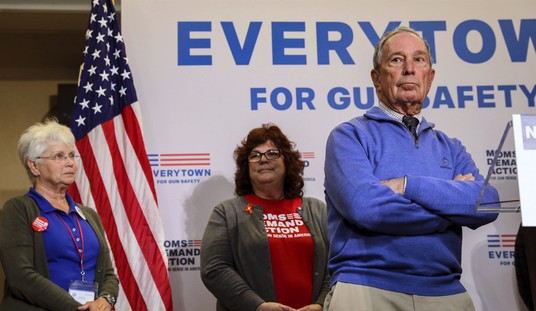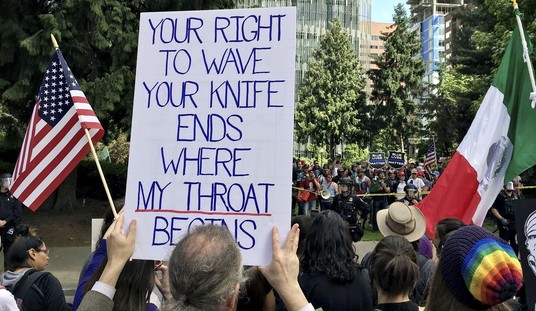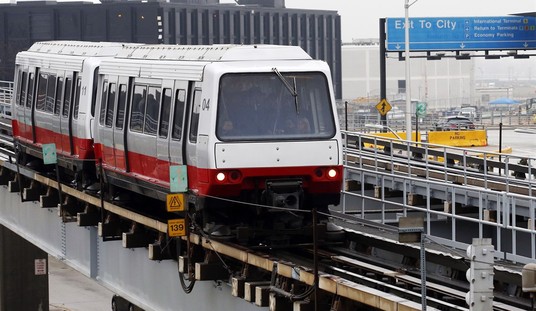New Mexico Gov. Michelle Lujan Grisham’s never-ending emergency on guns is still ongoing, but its scope has been limited even further by a federal judge. Grisham’s original order suspending the right to carry across the city of Albuquerque and Bernalillo County was halted by U.S. District Court Judge David Herrera Urias not long after it was issued, but he did allow the governor’s revised order banning concealed carry in parks and playgrounds in those locations to remain in effect.
In a separate challenge to that revised order, however, U.S. District Judge Kea Riggs on Tuesday granted an injunction that blocks enforcement of the ban as it applies to parks, while keeping the ban on concealed carry in playgrounds in place, at least for now.
In her decision, Riggs said that the governor and the New Mexico Department of Health “have not demonstrated a historical tradition of prohibiting the carrying of firearms in public parks,” but ruled that playgrounds are likely “sensitive places” where firearms can be prohibited without infringing on the Second Amendment rights of gun-owning parents who would like to protect their kids in those locations. Rather than delving into the reasoning behind her decision, Riggs instead cited several other post-Bruen decisions from other jurisdictions that kept similar bans in place.
This court finds, like the majority of district courts to consider this issue so far, that playgrounds are analogous to schools. Therefore, playgrounds are “sensitive places” where firearms may be restricted. We the Patriots USA, Inc. v. Grisham, No. 1:23-CV-00773-DHU-LF, 2023 WL 6377288, at *3 (D.N.M. Sept. 29, 2023); Antonyuk v. Hochul, 639 F.Supp.3d 232, 324 (N.D.N.Y. 2022), reconsideration denied sub nom, Antonyuk v. Negrelli, No. 122CV0986GTSCFH, 2022 WL 19001454 (N.D.N.Y. Dec. 13, 2022) (declining to preliminarily enjoin New York’s gun law ban on carrying firearms at public playgrounds); Koons v. Platkin, No. CV 22-7463 (RMB/AMD), 2023 WL 3478604, at *82 (D.N.J. May 16, 2023). The Court declines to preliminarily enjoin the public health order as to its restrictions on firearms in playgrounds.
Are playgrounds really analogous to schools? The reasoning used by the judges cited by Riggs isn’t exactly rigorous. Take the Antonyuk case, for example. Here’s the entire rationale given by U.S. District Judge Glenn Suddaby last November:
This ban (which also finds at least some support by the 1883 Missouri lawprohibiting the carrying of firearms in places where people are assembled for “social purposes”) finds support in the laws of five cities from around the time of adoption of the Fourteenth Amendment banning guns in “public parks” (i.e., the 1861 New York City law, 1868 Philadelphia law, 1881 Chicago law, 1883 St. Louis law, and 1888 St. Paul law). According to the 1890 census, these five cities comprised about 6.8 percent of the American population, with New York City contributing about 2.4 percent (or 1,515,301 out of 62,622,250), Philadelphia contribution about 1.7 percent (or 1,046,964 out of 62,622,250), Chicago contributing about 1.8 percent (or 1,099,850 out of 62,622,250), St. Louis contributing about 0.7 percent (or 451,770 of 62,622,250), and St. Paul contributing about 0.2 percent (or 133,156 out of 62,622,250). See Dept. of Interior, Compendium of Eleventh Census: 1890 (1890). As a result, although the number and Case 1:22-cv-00986-GTS-CFH Document 78 Filed 11/07/22 Page 138 of 184. As a result, although the number and geographic origins of these laws may be enough to make them to established, these laws do not appear to be representative of the Nation.However, this ban also finds support in those historical analogues prohibiting firearms in schools given that, by their very nature, both places often contain children. See, infra, note 112 of this Decision and Order (collecting citations to laws banning firearms in schools). The Court finds those laws to be particularly analogous here given that, generally, adults (at least when they are not supervising children) do not frequent playgrounds as much as children do. Based on a comparison of the burdensomeness of this regulation on “public playgrounds” (again, burden versus justification) to the burdensomeness of its historical analogues, the Court finds this regulation to be reasonably proportionate to its historical analogues.
Suddaby’s reasoning basically boils down to “kids are found in schools, and kids are found in playgrounds, so if guns can be banned in schools they can be banned in playgrounds as well.” The problem with that analogy is that schools are far more protected than playgrounds, generally speaking. Most schools have multiple security features meant to prevent unauthorized access and harm being done to students; from locked doors to school resource officers to (in hundreds of districts around the country) armed staff who can serve as a first line of defense in case of an attack on campus.
Playgrounds, on the other hand, are typically wide open spaces with no fences or barriers to stop bad actors from entering, much less locked doors. Playgrounds don’t typically have any additional security measures. When was the last time you saw a playground with an armed guard or a metal detector, for instance?
To make matters even more confusing, Riggs acknowledged that one of the reasons why plaintiff James Springer wanted to carry in parks and playgrounds is that, in his words, he “has children that participate in youth sports at the parks at issue” and is now forced “to attend several of those parks without the benefit of firearms for his own personal defense, or for the defense of his family in the drug and violence riddled city of Albuquerque.” Riggs held that while Springer had established standing to sue over the carry ban in parks, he failed to establish standing to sue over the identical ban on carrying in playgrounds… but even if he had she would have rejected his request based on the court decisions cited above.
If it seems odd to you that Riggs apparently believes you have the right to protect your kids with a firearm while they’re playing soccer at a park but not when they’re on the swings at a playground, you’re not alone. I’m glad that Riggs has limited Grisham’s carry ban even further, but her arguments in favor of a carry ban in playgrounds are less than compelling.








Join the conversation as a VIP Member